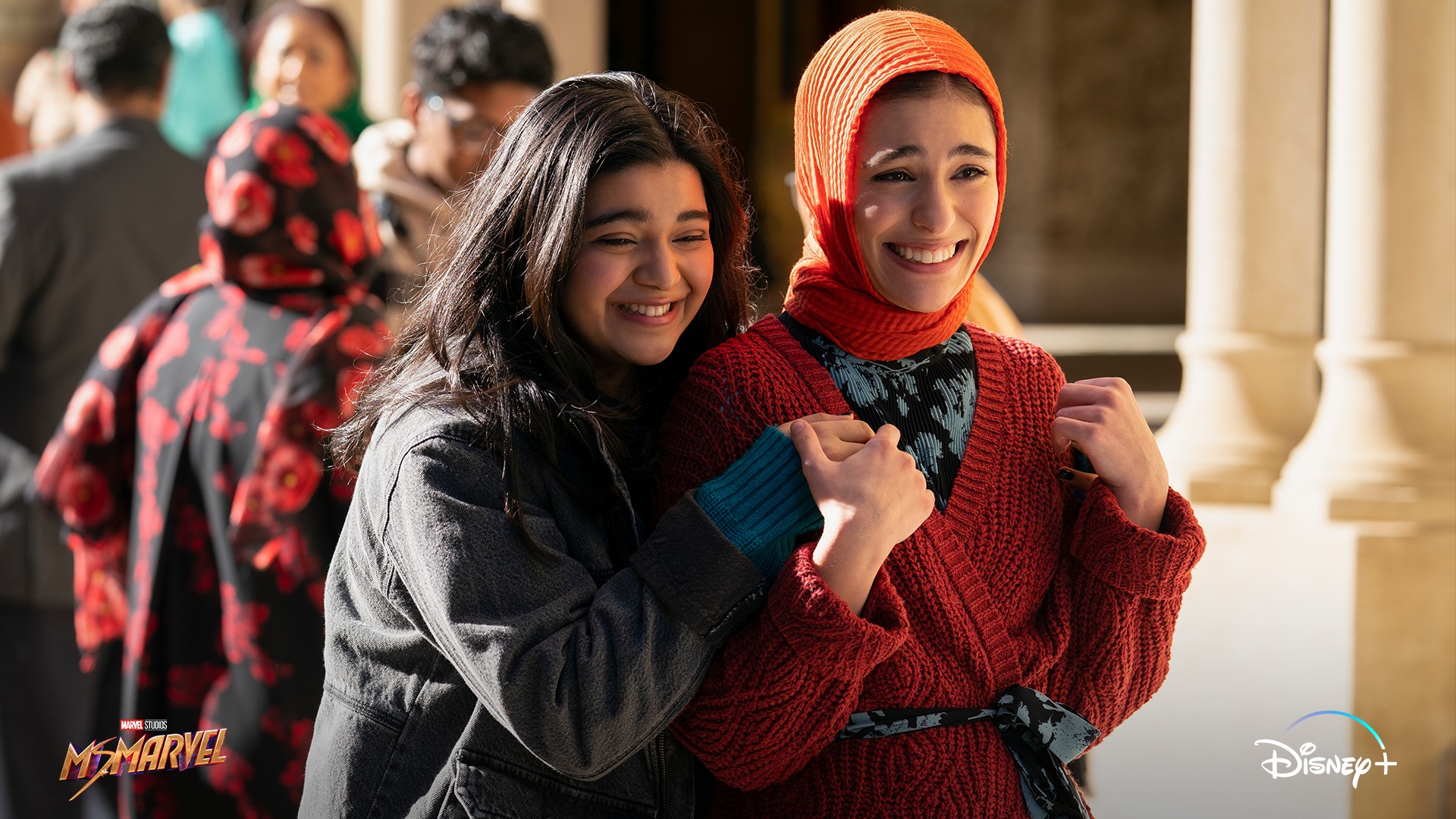
Despite its criticisms, TV Critic Rani Jadfa endorses Marvel’s TV efforts for its diversity and ability to bring viewers together
One sunny afternoon when I was a child about to tuck into my dinner, my dad decided to tuck a movie on: The Avengers. I found out later that he had desperately been waiting for it to come on TV so he could show it to us – little did he know the effect that film would have on his two young daughters. From then on, the entire Jadfa family (including my reluctant mum) were out in full force on every Marvel release day. Even after all these years, I am still prone to get a quick three-hour train back home to watch the latest edition of the Marvel Cinematic Universe. However, it has been under some scrutiny in recent years, which seems to have emerged from those same little televisions.
“It was not until the announcement of WandaVision that TV became an official canonised medium for Marvel
Hard-core Marvel fans will already know that the brand has produced several television renditions before, some of which were very successful (many of which were not). But it was not until the announcement of WandaVision that TV became an official canonised medium for Marvel. After a pandemic-induced delay, Marvel began their first Disney+ show: Wanda Maximoff (Elizabeth Olsen) and The Vision (Paul Bettany) live a quirky lifestyle in Westview. Every episode is influenced by different eras of sitcoms – from I Love Lucy to The Office. But this façade slowly falls away as track-laughter and fourth-wall breaks turn into epic superhero battles and chart-topping villain reveals. The show was a hit with a multitude of awards and nominations to prove it, along with an 88% audience rating on Rotten Tomatoes.
Sadly, Marvel has not quite managed to maintain this success. Over the last three years, viewership has declined from 2.5 million viewers for the Loki series premiere (USA) to 0.78 million for Ms. Marvel. Funnily enough, in that same period, Marvel’s content largely increased. The world was prone to two or three blockbuster hits every year but in 2021 four movies and five TV shows were rolled out. It must be said that this was partially due to the pandemic pushing back production but there were accusations that certain aspects felt unpolished. For instance, VFX teams were under more pressure due to the shorter time frames between projects, leading to some criticism of the TV show standards and most recently the ‘artists unanimously [voting] to unionize.’
“[The] increase in content could be regarded as a double-edged sword
Nonetheless, I would argue that this increase in content could be regarded as a double-edged sword. It has allowed more present-day issues to be addressed, like race, grief, and identity, bridging the gap between reality and fiction. Audiences have been able to connect with gods and witches in the comfort of their own homes.
This increase in diversity transfers to the characters too with shows like Ms. Marvel representing South Asian heritage or Moon Knight, which faces mental health issues head-on as the lead character has dissociative identity disorder. All of this contributes to the formation of a world (or universe) that looks and feels closer to our own. When I first watched The Avengers, as incredible as it was, I could never connect to the characters simply because they did not look like me. Today’s generation is lucky enough to have an abundance of empowering characters that represent such a diverse range of people.
“An abundance of empowering characters that represent such a diverse range of people
As I have said, these shows began coming out during the pandemic; a time when new content dwindled to a halt and our eyes were glazing over after re-watching Brooklyn 99 for the twelfth time. The world was in the midst of a panic due to the incredulity of the historical events unfolding before us – and that is putting it mildly. Nevertheless, in a time of binge-culture and shortening attention spans, Marvel made the clever choice of releasing their shows weekly. This had the power to bring people together at a time when the world was forcing us apart. Family, friends, and even those who unintentionally became long-term roomies gathered around their screens every week to watch Marvel’s latest creation.
And this continues today; even as a university student living away from home, whenever a new episode drops, I call my family for the sole purpose of laughing at old theories and dishing out new ones. Marvel has always had the unique ability ‘to bring together group[s] of remarkable people’ and I for one hope that they continue to do so on the big and little screen.
Read more TV articles here:
Comments